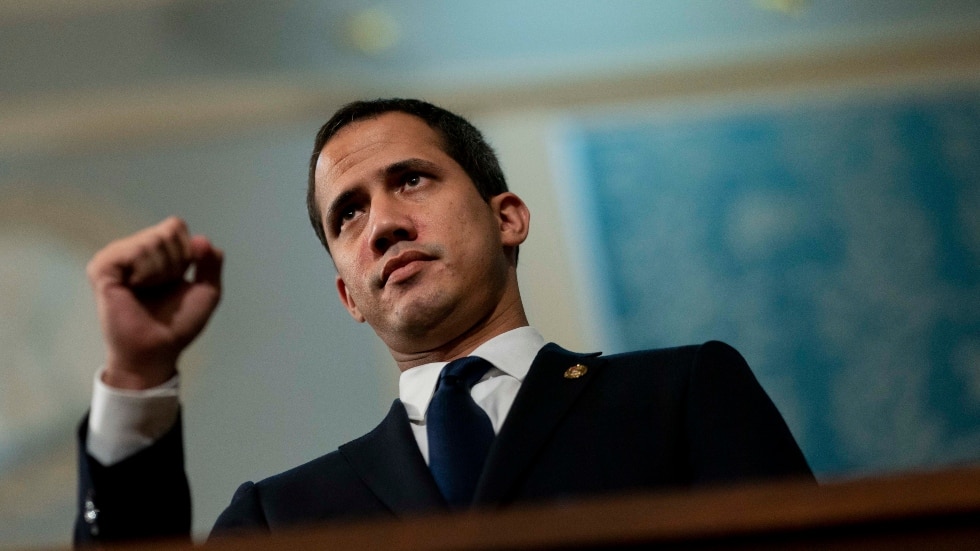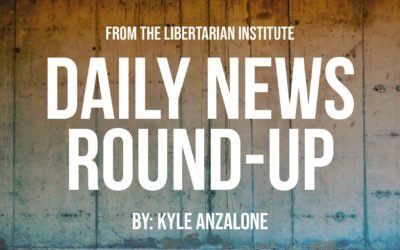President Joe Biden held a call with Juan Guaido and discussed possible sanctions relief for Venezuela. The White House recognizes Guaido as the country’s interim president, though he holds no power in Caracas.
Biden phoned the opposition leader from Air Force One while en route to the Summit of the Americas conference in Los Angeles on Wednesday, with a White House summary of the call stating that the president underscored “the United States’ recognition of and support for the 2015 democratically-elected National Assembly and Guaido as the Interim President of Venezuela.”
Guaido first proclaimed himself as Venezuela’s president in 2019 following a disputed election, after which several Western nations recognized his claim to power. However, Gaudio has been unable to unseat Venezuelan President Nicolas Maduro, despite several coup attempts over the last three years which received varying levels of US backing. His support among Western governments has dwindled more recently, with the European Union ceasing to recognize his claim to the presidency last year, leaving Washington as one of his last remaining benefactors.
During the Trump administration, the US levied harsh sanctions on Venezuela, dubbed a “maximum pressure” policy. While the penalties had a devastating impact on average people alongside ruinous socialist policies imposed by the Maduro government, the leader has kept a firm grip on power. With minor exceptions, Biden has largely followed his predecessor’s sanctions policy, with one US official declaring last month that the administration’s approach, “overall, has not changed.”
However, since Russia’s invasion of Ukraine earlier this year, the White House has shifted its stance toward Caracas, now seeing warmed relations with Maduro as another way to isolate Moscow. Talks between the Biden and Maduro regimes began in March and have made slow progress. Two Americans have been released from Venezuelan prisons and Biden has given some limited sanctions relief, including allowing two European companies to ship Venezuelan oil.
Additionally, Biden spoke with Guaido about future sanctions relief for Venezuela during Wednesday’s call, saying that the United States is “willing to calibrate sanctions policy” depending on the “outcomes of negotiations that empower the Venezuelan people to determine the future of their country.”
Several unnamed officials hinted at the latter proposal in May, suggesting Washington would be willing to scale back penalties should the government in Caracas agree to meet with opposition leaders.
The latest call with Guaido came as the US opened the Summit of the Americas conference in Los Angeles, attended by officials from across the Western Hemisphere. The event was marred by some controversy for the White House, as Biden denied invites to Cuban President Miguel Diaz-Canel, Nicaraguan President Daniel Ortega and Maduro. Guaido also received no invitation and did not appear at the summit.
The selective invites provoked several other Central and South American leaders to boycott the event in protest, led by Mexican President Andrés Manuel López Obrador. The exclusion of the three leaders was also seen as hypocritical for a president who is planning a visit to the repressive Kingdom of Saudi Arabia later this month.






























